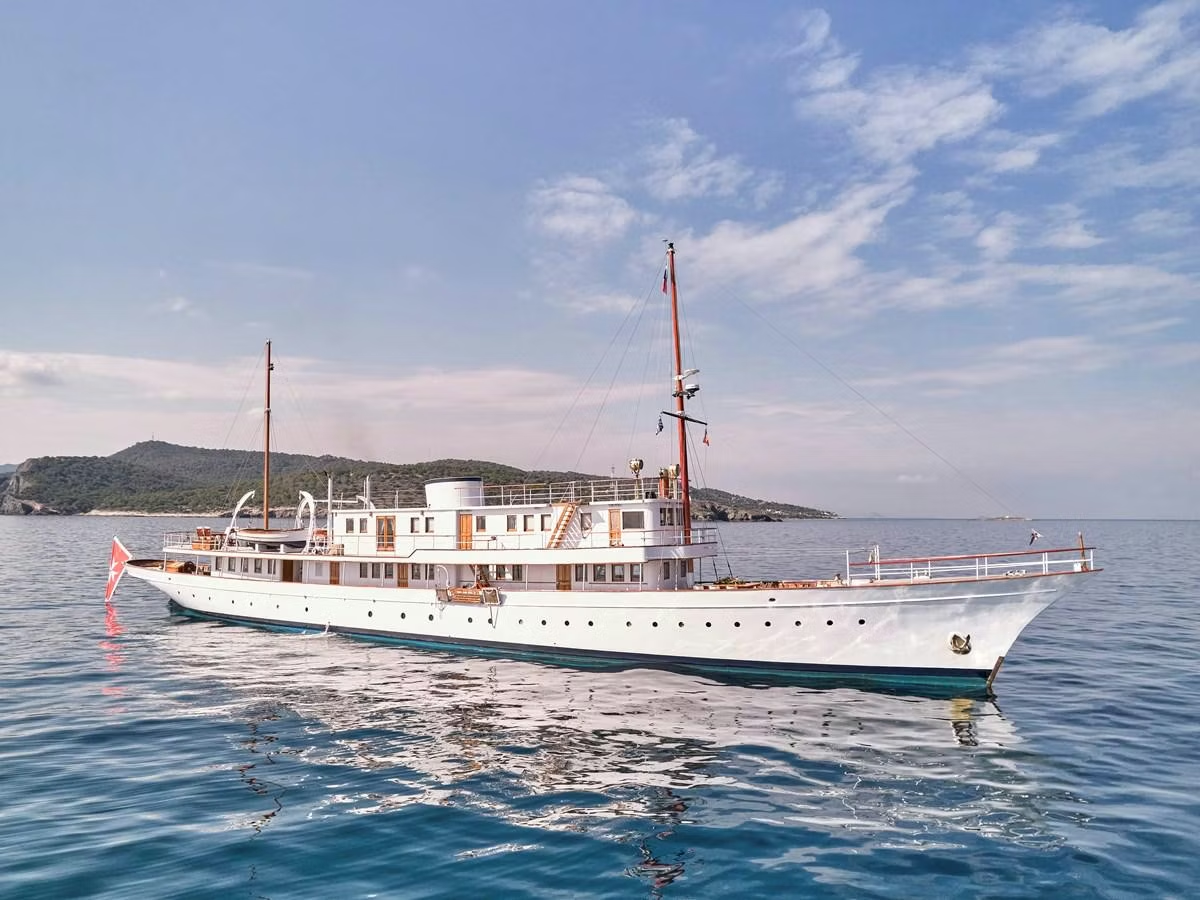Seafarers on EU-flagged vessels typically contribute to the social security system of the flag state. While the core principle remains that contributions are tied to the vessel’s flag, specific exceptions now hinge on employment arrangements and residency.
Essentially, employment on a Maltese-flagged vessel is deemed to be employment within Malta. If the employer is based in Malta, the seafarer is subject to Maltese law and contributions must align with the Social Security Act. Therefore, seafarers residing in an EU/EEA country or Switzerland are generally insured under the flag state’s laws unless both employer and employee reside in the same Member State and contributions are made there. However, seafarers from non-EU/EEA countries or Switzerland can opt to contribute to their home country’s social security system. By obtaining an Exemption Certificate, they are formally exempt from Maltese social security payments.

Crew Payroll
Contracts
Crew Onboard a Malta Flagged Vessel
Malta, one of the world's leading maritime flags, offers a robust legal framework and international recognition. Whether you're a shipowner or a maritime recruitment agency, understanding the intricacies of payroll and contracts is crucial for the efficient onboarding of crew members on Malta-flagged vessels. The Maltese register is among the largest in the world, renowned for its reliability and compliance with IMO regulations. Maltese maritime laws also prioritise the rights and welfare of seafarers.

Drafting Seafarer Employment Agreements (SEAs)
The SEA must include terms such as job role, duration, wages, leave entitlements, and repatriation rights. It is important to ensure that the contract aligns with Maltese regulations to avoid legal disputes. Contracts should be clear and typically drafted in English to accommodate the international nature of the crew. It is also important to ensure that all crew members possess valid STCW certificates and medical fitness reports as required by Maltese law.
Social Security Contributions for Seafarers
Income Tax Responsibilities
Seafarers serving on vessels managed from Malta may be subject to income tax based on their residency and domicile status. If the seafarer is resident and domiciled in Malta, s/he will be taxed on a worldwide income. If however, the seafarer is either resident or domiciled in Malta, s/he will be taxed on income earned in Malta and on foreign income remitted to Malta.
With this being said, foreign seafarers residing in Malta may not owe income tax if their employment activities occur outside Maltese territory. Temporary residents are similarly exempt from taxes on foreign income, even if remitted to Malta. Certain roles in maritime operations may qualify for a flat tax rate of 15%, provided that the gross remuneration is at least €65,000 and the position is eligible (e.g., Master, Chief Mate, Chief Engineer, or Chef).

Conclusion
The Malta flag offers unparalleled advantages, however managing crew onboarding, payroll, and contracts requires diligence. By understanding legal obligations and leveraging professional support, shipowners can ensure smooth operations and satisfied crews.
Disclaimer: The information provided on this website is for general informational purposes only and does not constitute legal or professional advice. We recommend seeking guidance from a qualified legal or professional advisor, with whom we can put you in touch to assist and provide specific advice related to your situation.

Simplify your yacht ownership
Let UNICO handle your registration, crew contracts, and payroll with precision and compliance—so you can focus on enjoying the journey.






















